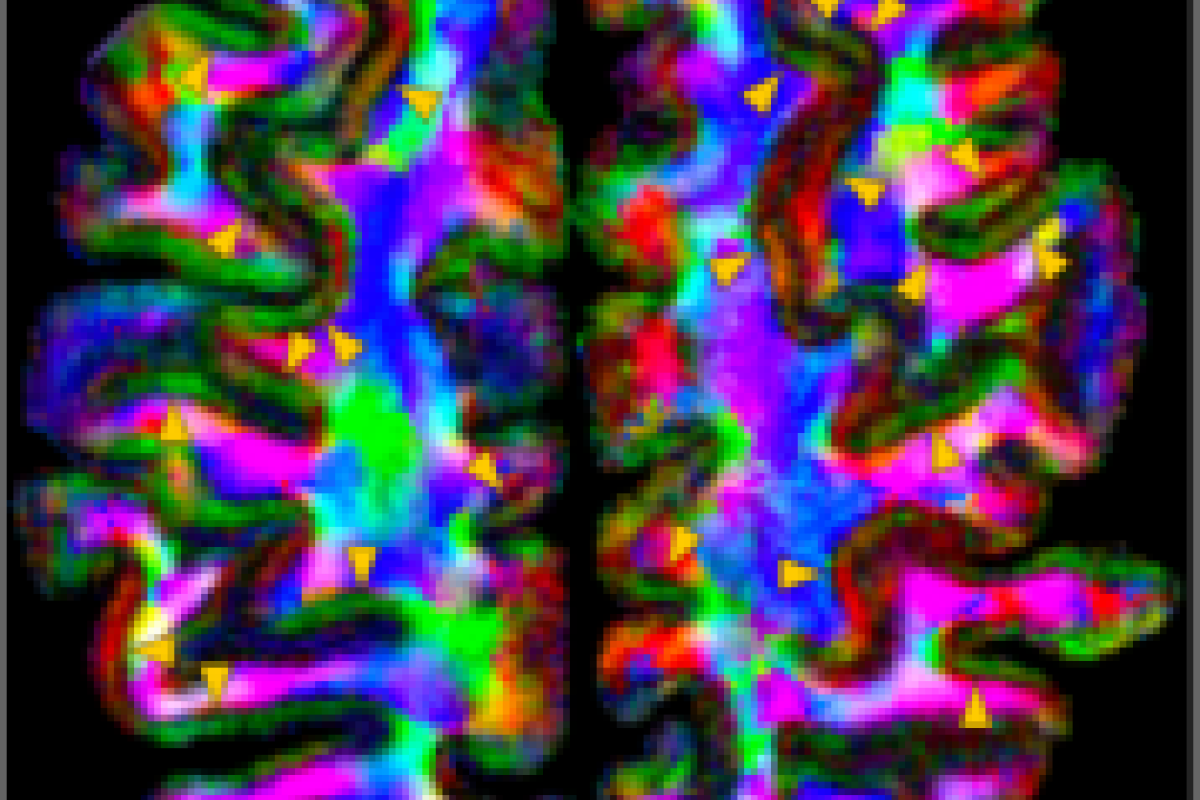Karen Wrenn Graduate Fellow Selected
Yixin Ma, a PhD graduate student in the Duke Medical Physics Program, has been selected by an expert panel to receive the inaugural Karen Wrenn Graudate Fellowship in Alzheimer’s Disease Research to conduct her clinical research project focused on identifying neuroimaging biomarkers for disease detection at the very early stage. Yixin, a Duke Chancellor Scholar with a cumulative GPA of 4.0, will begin her dissertation project this fall in the Alzheimer Imaging Research Laboratory under the direction of Jeffrey Petrella, MD, Professor of Radiology at the Duke University Medical Center. Together with both clinical and technical development teams, Yixin proposes to develop innovative ultrahigh-resolution diffusion MRI methods to detect and characterize early microstructural brain changes associated with Alzheimer’s Disease.
The Wrenn Fellowship is made possible by the generous support from the Karen Wrenn Trust and Duke Alumnae leader Marjorie Thomas.
Research Summary:
Amyloid plaques and neurofibrillary tangles are two pathologic hallmarks of AD, developing decades prior to symptoms. However, they are not well correlated with cognitive deficits, and molecular imaging methods that can image them in vivo often lack the sensitivity and specificity for detecting AD in its earliest stages, when therapeutics may be most effective. Cognitive deficits have been shown to be better correlated with synaptic, dendritic, and neuronal loss in the neocortex and hippocampus than with plaque and tangle pathology. Histological studies in AD further show that this neurodegeneration is not uniformly distributed within these structures, which are organized in multiple cortical layers and subregions with discrete neuronal populations. However, current imaging markers of neurodegeneration, such as quantitative MRI of cortical thickness or hippocampal volume, also lack the sensitivity and specificity to detect subtle degeneration within different neocortical or hippocampal layers in the early stages of AD. The objective of Ma’s research project is to develop and validate a novel noninvasive MRI method for early detection of Alzheimer’s disease (AD). Specifically, they will: 1) develop an innovative high-resolution intracortical diffusion tensor imaging (DTI) technique to detect early neurodegeneration in selectively vulnerable neuronal populations within different cortical layers of the neocortex and hippocampus; and 2) investigate how their integrity is altered and how it correlates with cognitive test scores in subjects with probable AD vs cognitively normal controls.

